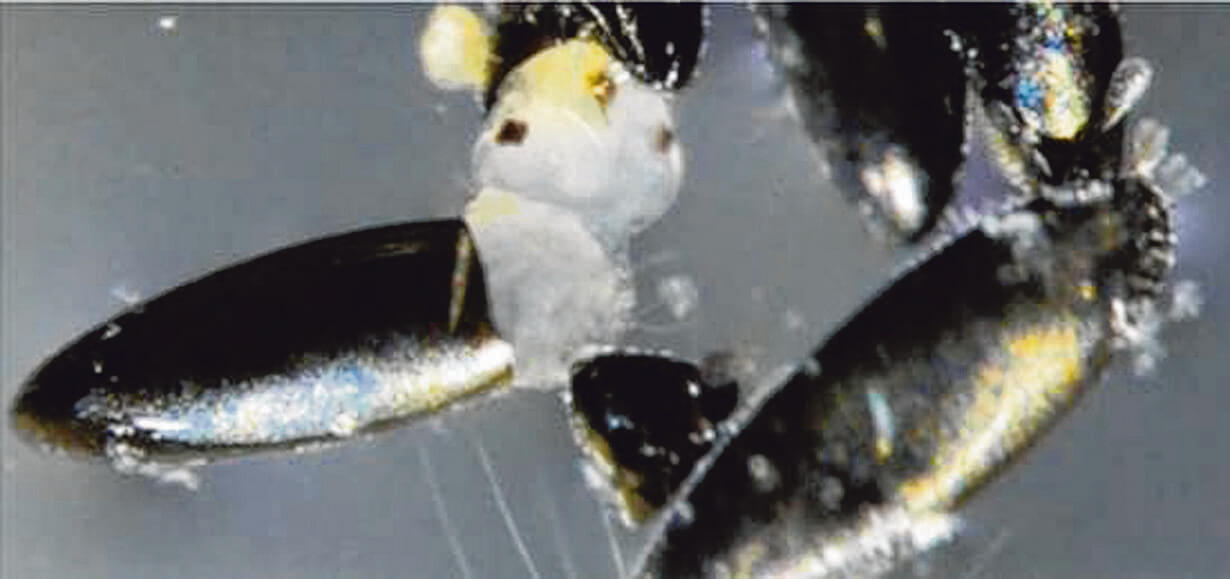Zika outbreak: Wolbachia project shows promise in Australia
Experts say infecting mosquitoes with bacteria can be effective in curbing transmission of viruses
Sign up now: Get ST's newsletters delivered to your inbox

Photos on microinjection of Wolbachia.
PHOTO: NEA
As countries around the world rush to combat the spread of the Zika virus, experts in Australia say an unconventional approach - releasing Wolbachia-infected mosquitoes - is proving highly effective and delivering valuable insights for nations battling outbreaks.
Five years after conducting a world-first release of Wolbachia-infected mosquitoes in the tropical city of Cairns, researchers from the Eliminate Dengue project, based at Monash University, are increasingly hopeful that they can prevent Zika outbreaks across population centres and large swathes of territory.
The project, which has conducted trials in Vietnam, Indonesia, Colombia and Brazil, involves infecting the mosquitoes with Wolbachia - a naturally occurring bacterium which prevents the insects from transmitting various viruses including dengue and Zika.
Professor Scott Richie, an expert on tropical infectious diseases at James Cook University, said the Wolbachia method is emerging as the most effective in eradicating virus-carrying mosquitoes.
"It is more efficient. You are letting the mosquito transmit sexually-transmitted bacteria among themselves. Within a couple of months of starting releases, you can have an entire population that is infected with Wolbachia," said Prof Richie, who participated in the project.
Professor Cameron Wilson, the project's director of impact assessment, told The Straits Times that the results so far have been "encouraging". "Wherever we have established Wolbachia, we do not see local transmission of dengue," he said. "We would expect to also be eliminating Zika transmission in these places... There is no reason why our approach could not be done in Singapore."
The National Environment Agency (NEA) is conducting a small-scale field study that involves the release of male Wolbachia-carrying Aedes mosquitoes in Braddell Heights, Nee Soon East and Tampines West.
The male mosquitoes mate with wild females to produce eggs that do not hatch. This can help to reduce the population of local mosquitoes which can spread viruses such as dengue and Zika.
In contrast, the Eliminate Dengue project involves the release of both male and female mosquitoes.
The advantage of this method, according to Prof Wilson, is that when females mate with wild mosquitoes, they produce offspring which are entirely infected with Wolbachia.
The result is that cities and communities can potentially receive "umbrella" coverage of Wolbachia-infected mosquitoes and, therefore, be completely protected.
On its website, the NEA said it is monitoring the research done in other countries such as Australia but is focused on studying using only male Wolbachia-carrying mosquitoes, which do not bite nor transmit viruses.
"The suppression approach is in line with and has the same goal as Singapore's strategy of source eradication. It also does not require the release of female mosquitoes," said the agency.
Prof Richie said Singapore's plan could work because it is an island. He said such an approach would be less likely to work for larger countries and populations. "Singapore might be able to keep it up and it will become routine," he said.
He added: "The public need to understand that they will see mosquitoes flying around and not freak out about it."


